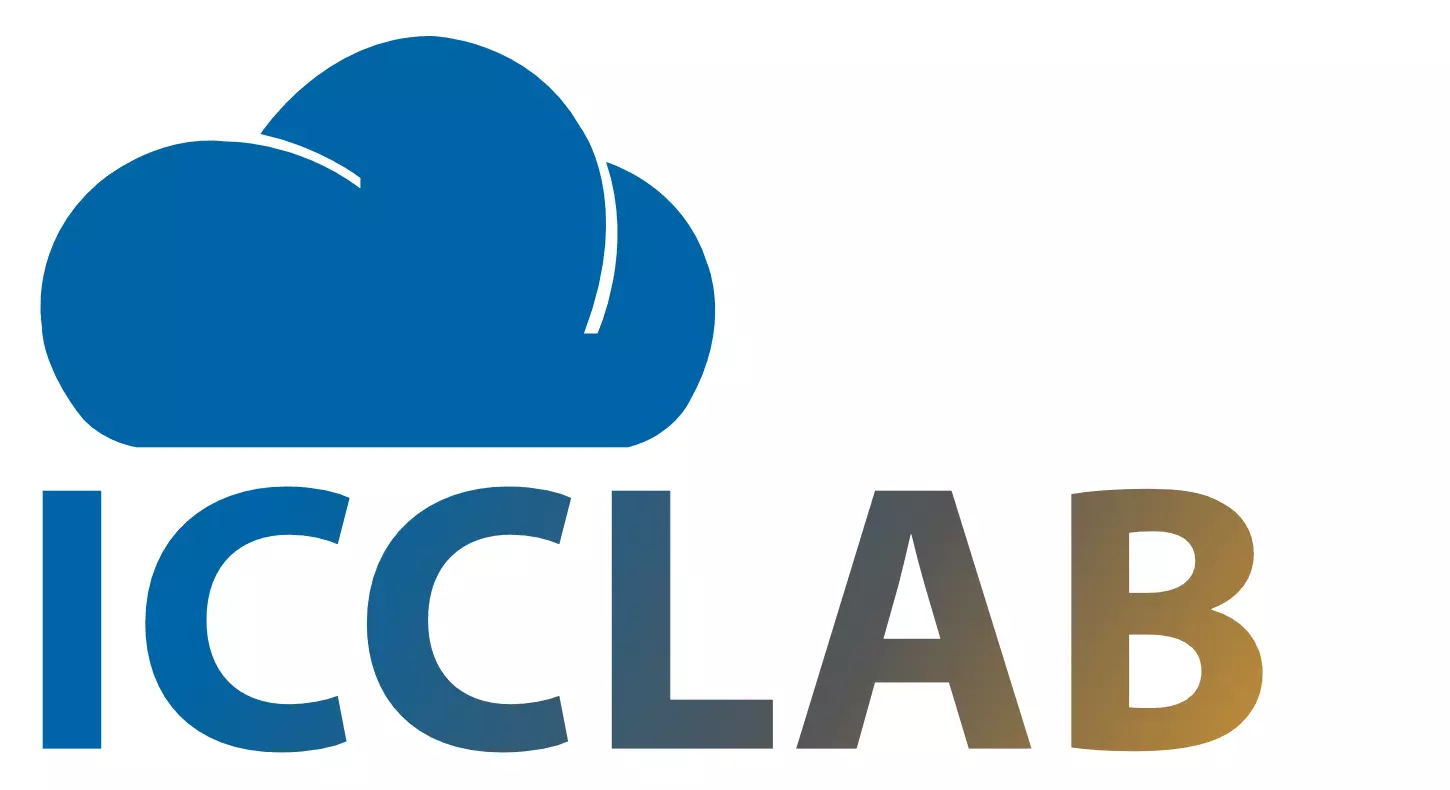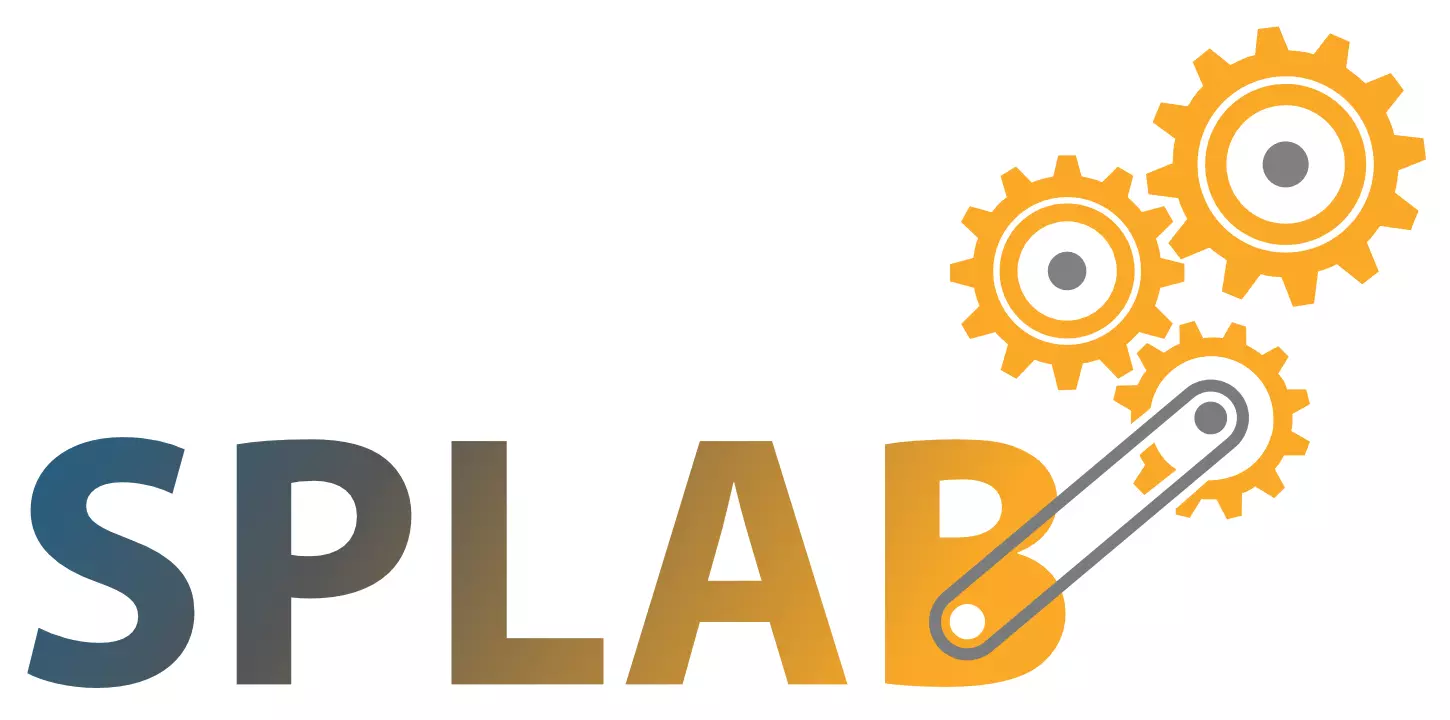Distributed Systems

We Make Services Valuable
Die Forschungsgruppe Distributed Systems (DSY) des InIT befasst sich mit der skalierbaren und zuverlässigen Umsetzung anspruchsvoller IT-basierter Dienstleistungen. Unter anderem adressieren wir Fragen wie:
- Welche Architektur eignet sich am Besten für Ihre spezifische Cloud-Anwendung?
- Welches Service-Modell (IaaS, CaaS, PaaS, FaaS, …) erlaubt die optimale Umsetzung einer Anwendung?
- Welche Werkzeuge werden für Entwicklung, Betrieb und Überwachung der Services benötigt?
- Was ist erforderlich um Anwendungen "as a Service" anzubieten (SaaS)?
- Wie können moderne IT-Dienstleistungen monetarisiert werden?
- Wie integriert man die "reale, physikalische Welt" in komplexe IT-Dienstleistungen?
Die Forschungsgruppe engagiert sich stark in der internationalen Forschung im Rahmen von EU-Projekten und arbeitet eng mit Partnern aus der Privatwirtschaft an innovativen Produkten im Rahmen von Innosuisse geförderten oder direkt finanzierten Projekten.
Die gewonnene Erkenntnisse aus der angewandten Forschung und Entwicklung werden in folgenden Modulen an die Studierenden der Informatikstudiengänge vermittelt:
Forschungsthemen
Cloud Computing

Das Init Cloud Computing Lab (ICCLAB) befasst sich mit der automatisierten Bereitstellung, Betrieb und Nutzung konfigurierbarer, hochskalierbarer und elastischer IT-Ressourcen auf Pay-per-Use-Basis. Neben der Virtualisierung der Infrastruktur, beinhaltet dies Plattformdienste zur automatisierten Bereitstellung von Anwendungen, die Bereitstellung skalierbarer Backend-Services und die Überwachung der Dienste und Anwendungen.
Service Prototyping

Das Service Prototyping Lab (SPLAB) befasst sich mit der Umsetzung und Validierung von komplexen Dienstleistungen in Cloud bzw. post-Cloud basierter Umgebung. Neben der Migration bestehender Dienstleistungen in die Cloud liegt der Fokus vor allem auf modernen Anwendungsarchitekturen (Cloud Native Applications, Microservices, Serverless), der Bereitstellung von Werkzeugen zur optimalen Umsetzung, der experimentellen Validierung von Konzepten und deren Monetarisierung (Cloud Accounting and Billing).
Cloud Robotics
Das Init Cloud Comupting Lab (ICCLAB) befasst sich auch mit der Integration von Robotic-Anwendungen in komplexe vernetzte Dienstleistungen. Die Nutzung elastischer Clouddienste erlaubt die Fähigkeiten von Roboter zu erweitern (Rechenleistung, Umgebungsinformationen, Künstliche Intelligenz, …), sowie diese zu verwalten und zu koordinieren. Programmier-Frameworks und Automatisierungsdienste ermöglichen Entwicklern auch Roboter in Dienste zu integrieren ohne über vertiefte Kenntnisse auf Geräteebene zu verfügen.
Projekte
- Vorherige Seite
- Seite 01
- Seite 02
- Seite 03
- Seite 04
- Seite 05
- …
- Seite 15
- Nächste Seite
-
Decentrally verified and stacked microcredentials on the Internet Computer
Microcredentials are a growing activity in the space of higher education, continuous education, vocational training and corporate training. Customers who undergo education or training expect to get microcredentials that can be shared with their current and future employers. This project introduces extremely ...
-
Creating informal learning spaces using QR codes and beacons
This project explores the potential of using QR codes and solar-powered beacons to create learning spaces in educational settings. These spaces are meant to be informal, cyber-physical, decentralised and sustainable. QR codes are two-dimensional codes that can be scanned with a smartphone or other devices and used ...
-
Serverlose Datenanalyse und datenzentrische Konsensfindung für sensorisch erhobene Daten im ÖV
Public transport in Switzerland and in Latin America is organised differently and operated with different levels of reliability, innovation priorities, and acceptance of digital support solutions by passengers. The common element is that in both regions, operators struggle with optimising the offered services to ...
Publikationen
-
Arce, Adriana Arteaga; Filinis, Nikos; Fu, Lei; Habib, Carol; Militano, Leonardo; Spatharakis, Dimitris; Zafeiropoulos, Anastasios; Bohnert, Thomas Michael; Mitton, Nathalie; Papavassiliou, Symeon,
2024.
Virtual objects for robots and sensor nodes in distributed applications over the cloud continuum [Paper].
In:
29th IEEE Symposium on Computers and Communications (ISCC) - 4th International Workshop on Distributed Intelligent Systems (DistInSys), Paris, France, 26 June 2024.
ZHAW Zürcher Hochschule für Angewandte Wissenschaften.
Verfügbar unter: https://doi.org/10.21256/zhaw-30918
-
Gkikopoulos, Panagiotis; Kropf, Peter; Schiavoni, Valerio; Spillner, Josef,
2024.
Reliable IoT analytics at scale.
Journal of Parallel and Distributed Computing.
187(104840).
Verfügbar unter: https://doi.org/10.1016/j.jpdc.2024.104840
-
Cvetkovski, Oliver; Field, Carlo; Trinchi, Davide; Marti, Christof; Spillner, Josef,
2023.
ZVAX : a microservice reference architecture for nation-scale pandemic management [Paper].
In:
Dorai, Gokila; Gabbrielli, Maurizio; Manzonetto, Giulio; Osmani, Aomar; Prandini, Marco; Zavattaro, Gianluigi; Zimmermann, Olaf, Hrsg.,
Joint Post-proceedings of the Third and Fourth International Conference on Microservices (Microservices 2020/2022).
International Conference on Microservices (Microservices), Paris, France,10-12 May 2022.
Wadern:
Schloss Dagstuhl - Leibniz Center for Informatics.
Open Access Series in Informatics (OASIcs).
Verfügbar unter: https://doi.org/10.4230/OASIcs.Microservices.2020-2022.4
-
Spillner, Josef,
2023.
Operating systems and infrastructure in data science.
1. Auflage.
Zürich:
vdf Hochschulverlag.
ISBN 978-3-7281-4168-2.
Verfügbar unter: https://doi.org/10.3218/4168-2
-
Sakman, Mehmet Cihan; Gkikopoulos, Panagiotis; Martella, Francesco; Villari, Massimo; Spillner, Josef,
2023.
Indoor navigation for personalised shopping : a real-tech feasibility study [Paper].
In:
Hammoudi, Slimane; Wijnhoven, Fons; van Sinderen, Marten, Hrsg.,
Proceedings of the 20th International Conference on Smart Business Technologies.
20th International Conference on Smart Business Technologies (ICSBT), Rome, Italy, 11-13 July 2023.
Setúbal:
SciTePress.
S. 43-53.
Verfügbar unter: https://doi.org/10.5220/0012085100003552